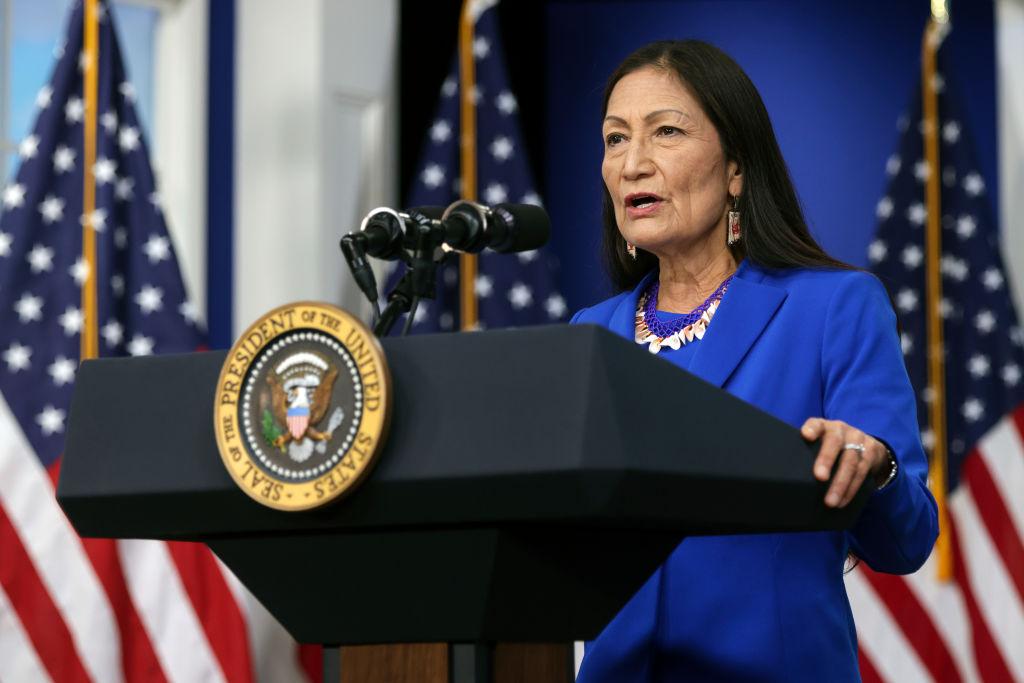Five unincorporated populated areas in the United States that used the word “squaw,” which is considered a derogatory term toward Native American women, have had their names changed.
Renaming the sites—located in California, North Dakota, Tennessee, and Texas—completes a years-long process to remove the word from geographic sites across the country.





